Standardize and validate your address values, right from the point of entry. Establish a way to obtain clean data from any source, as well as intelligently cleanse the data already in your Salesforce instance.
I’m a firm believer that good data is the foundation for CRM success, and address data is a core part. Why? Whether we’re thinking about a Lead’s Country, which drives lead assignment routing, or an Account’s State, to ensure that local field resources are allocated, collecting and preserving address data becomes key to sustaining smooth operational processes.
With standard Salesforce functionality, users have to complete address details manually. Based on the errors admins discover over time, they are burdened with data clean-up, and also creating and managing complex validation rules. An address validation solution adds that important layer of validation, providing a better experience for both users and admins.
This in-depth review will dive into AddressTools’ features, ideal use cases, setup effort, and how this app could be a great addition to your Salesforce org.
Features
AddressTools brings along several features which we’re going to explore within the Salesforce Lightning Experience.
(It’s worth mentioning that most functionality is also available in Salesforce Classic, along with a really handy Google Chrome extension).
At the core of the tool are three concepts that are key to maintaining the integrity of your data. While all of us admins are certainly familiar with Salesforce validation rules, Standardization and Verification are particular to AddressTools. To be more specific, standardization is all about ensuring the values are exactly what you want them to be in reports whilst verification confirms the address is a real one.
Access the AddressTools Lightning App as soon as the managed package is installed, which gives you a complete overview of all the components you’ll interact with.
Address Blocks
Address Blocks represent the key fields from either standard or custom objects that drive the entire AddressTools functionality.
Accounts, Contacts, Contracts and Leads blocks are already created, out of the box. More objects, or different settings for each record type, can be added.
I’ve chosen to create an Address Block for Campaigns (without record types enabled). Any custom or standard field can be selected for the mapping of the Postal Address, ensuring extra flexibility.
Enhanced Address Editor
To use an Address Block directly from a record page, and leverage the interactive functionality, add the AddressTools Lightning component to the page. This optimises the user experience with PowerSearch address verification or interactive type-ahead picklists.
You could even advance this further and add the component multiple times for each Address Block related to the object. Then, set the component visibility so that specific groups of users only see the Address Blocks relevant to them.
The ‘Status’ field on the Address Block indicates if the address is verified, or whether it needs to be reviewed. Admins can set this field to be manually overwritten in case users should be able to manually confirm an address, without being restricted by the AddressTools verification.
Postal Authorities
AddressTools leverages data from postal authorities, eg. USPS, Royal Mail, etc. These data sources verify addresses in 240+ countries, using the typeahead PowerSearch functionality available directly at the field level.
Any part of the address can be looked up, and when the most accurate is selected, all address fields will be populated.
ZIP Look-up
ZIP Look-up will automatically complete the rest of the address, based on the ZIP/Postal code (available for the United States only). When combined with the AddressTools validation rules, changes to field values (such as State/Province) that do not match the ZIP will result in an error.
Country and State Standardization
The Country custom object (part of the AddressTools managed package) is where all the magic happens. The country-specific settings are stored on the records of this object, and this is also where all the alternative country values and related states can be found and modified.
ProvenWorks provides an initial data set with alternative country names in German, French, Spanish, and other local languages (with special characters supported and a Romanized version, where applicable).
The most common example is the United States; all 50 states can be found alongside their ISO Codes:
Examples, where the country records contain special characters include Egypt, China, Japan, etc. Arabic is the local language in Egypt, so the alternative country values include the Arabic name, along with its Romanized version.
Country-Specific Settings
This AddressTools admin capability is certainly a time saver! Admins often find themselves modifying validation rules over again to ensure certain fields are completed and contain a certain amount of information.
As an alternative to modifying validation rules, the “Country-Specific Settings” allow admins to adjust what information is required for specific fields, depending on which country is selected at the time.
These settings are not limited to country and state options; they go even further to the ZIP, City and Street Address level too.
Furthermore, this configuration only involves record data, so no metadata deployments are required.
Address Verification Flow Component
Address verification is increasing in popularity which means more use cases are appearing within Salesforce orgs and beyond.
The Flow component extension can come in handy here, especially if you’re a fan of Screen Flows. The address can be verified as part of the record creation process, meaning the user won’t need to return to the record to verify or correct the address.
The component can quickly be exposed to external users directly on a webpage or within Experience Cloud (Community Cloud) too, just like the example below:
The Address Verification Flow Component is not part of the initial managed package, but you can get hold of another package, at no extra cost, by reaching out to support@provenworks.com. *Licensing may vary for additional user access.
Batch and Scheduled Address Verification
You can schedule address verification processes to run, and save time that would have been spent trawling through various reports.
By creating reports that contain the fields associated with Address Blocks from custom or standard objects, you can run the verification processes on your Address Blocks.


Once the scheduled processes are set, you can scroll down to the ‘Screening Jobs’ section and choose whether to use Address Verification credits. Credits are consumed whenever a complete address is enriched or cleaned (see the ‘Pricing’ section for more information on credits).
An alert will also show, before proceeding with the verification, to confirm you’re happy to consume credits. You can specify an email address to receive alerts from the scheduled jobs.
Use Cases
Data Standardization
A lack of data consistency can become a challenge in reporting, especially when you could find multiple possible variations in a single field!
AddressTools standardization standardizes values as soon as they’re imported, ensuring the reporting is on point. You won’t need to update bucket columns over again to catch unbucketed values that sneak in.
Team Productivity
Major time saver
Preventing and fixing errors are the main things that require a lot of manual work when it comes to addressing data clean-up. Not only is an admin spending time with imports back and forth, but users usually end up going to extensive lengths to find the right address, either on Google or by reaching out to the prospect.
All AddressTools functionalities make sure the time sales reps spend on copy/pasting address data from various sources is better spent closing deals! Not only will your users be happier with one less manual task to perform, but there will also be a reduced risk of products being shipped or invoices being sent to a nonexistent address. This approach will save significant costs and time wasted on expensive refunds and resending of deliveries.
Local time
One seemingly small, but really useful, piece of functionality can be found on the AddressTools Lightning Component.
Reaching out to a prospect at 2 am, or scheduling a meeting without considering their timezone, can make or break a deal. Simply having the Local Time directly in Salesforce can reduce these oversights for global organizations.
Setup
The setup for AddressTools is simple and fairly similar to any other managed package you have installed in your Salesforce org.
The well-structured and easy-to-digest installation walkthrough came as an added bonus, which not only helps you get started but also provides guidance on overall functionality to ensure you’re getting the most out of the components.
You may choose to complete the configuration in the interface of your choice, be it Lightning or Classic.
Support
As soon as you navigate to the AddressTools Administration tab, you can access the documentation available on the ProvenWorks website with just a click of a button – literally!
On top of checking out the release history page, you can also reach out to the support team who will ensure no question is left unanswered.
Pricing
ProvenWorks ensures that you can select which functionality solves your problems, whilst also fitting with your budget.
There are a few different options when it comes to using AddressTools to clean up your address data. Pricing starts at $2,100 USD per org per year (based on an org with 50 or fewer users) for AddressTools Premium. ProvenWorks also offers not-for-profit discounts on licenses across their entire product suite.
You can also purchase lookup credits for Global Postal Authority Address Verification, and pricing is available upon request for one-off bulk verification jobs.
Check out the comparison chart for a more detailed feature-by-feature comparison between the AddressTools Free version and Premium version.
*All users in your org require a license
Summary
Data quality plays a critical role in the success of most processes in any Salesforce org. AddressTools is sure to make cumbersome data correction a thing of the past!
Before making any commitment, you can give all these features a test run by installing the 14-day free trial.
ProvenWorks’ entire product suite is focused on improving different key data quality aspects. The team has developed SimpleImport, PhoneTools, IndustryComplete, in addition to AddressTools – to find out more, you can contact the team here.
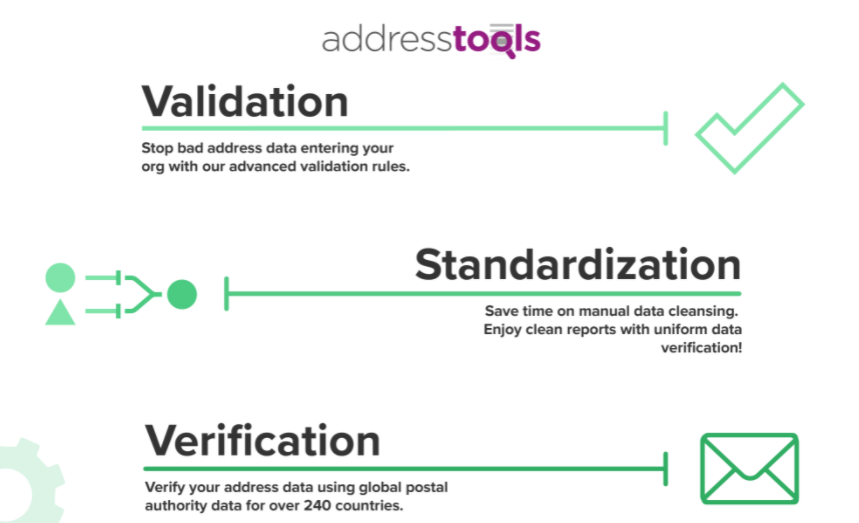
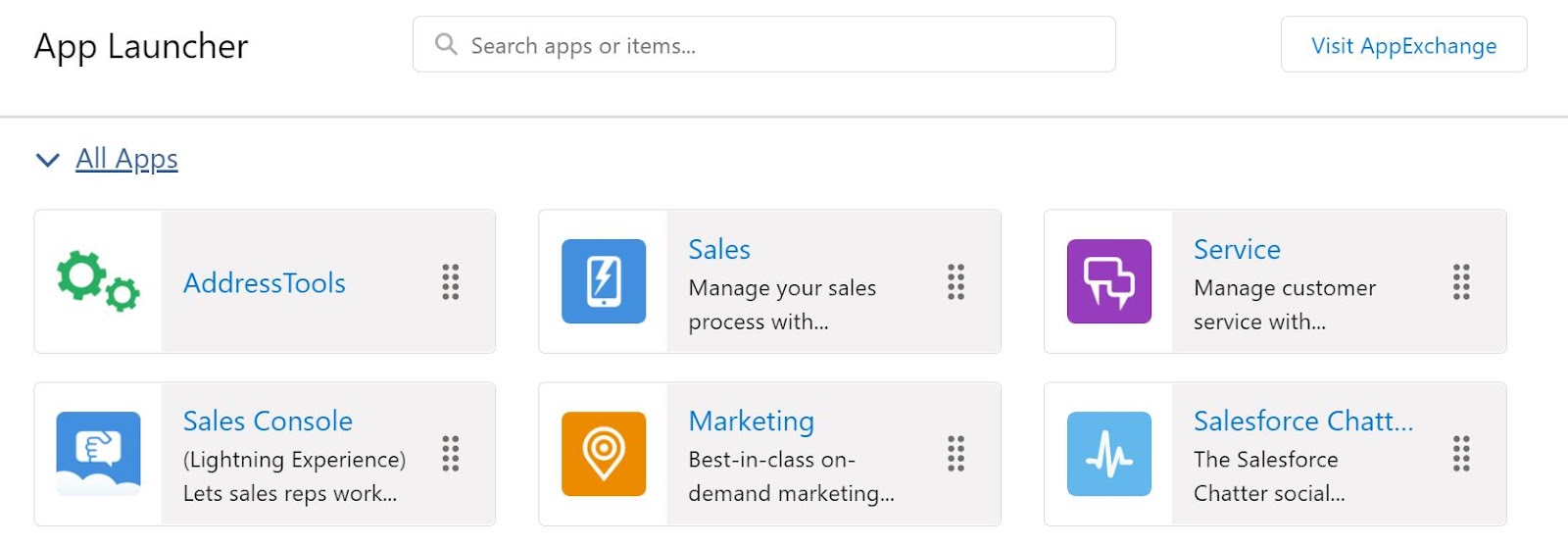
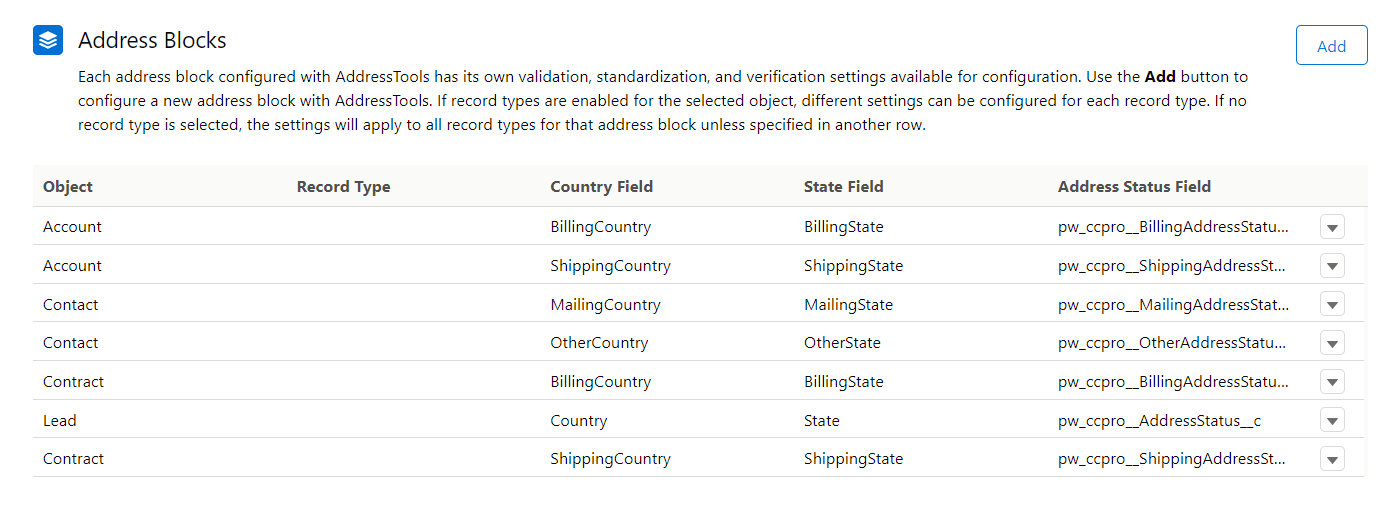
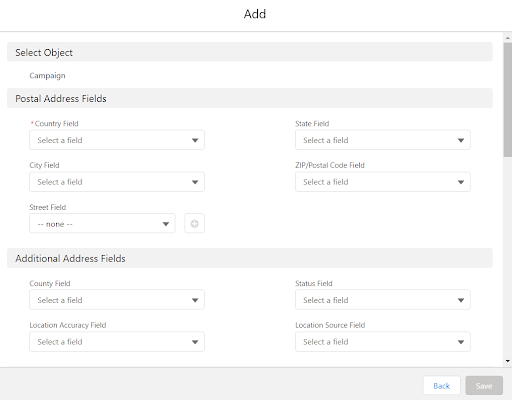
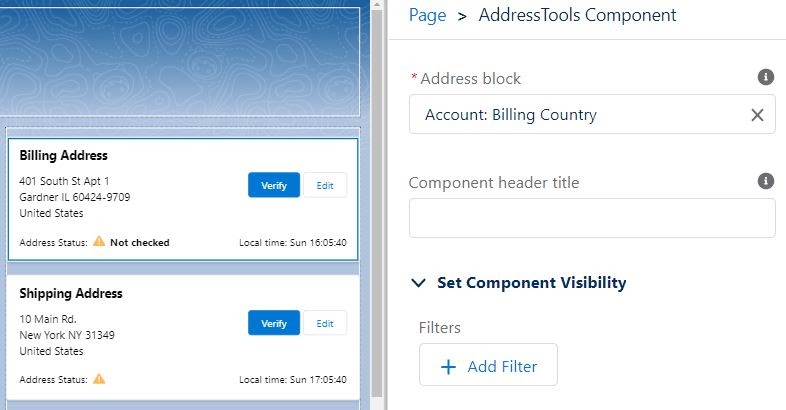
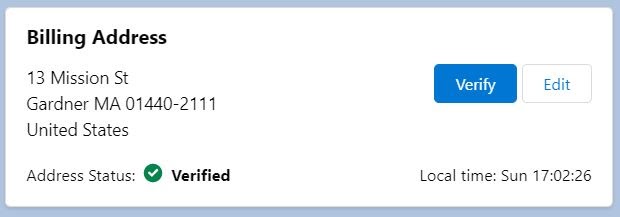


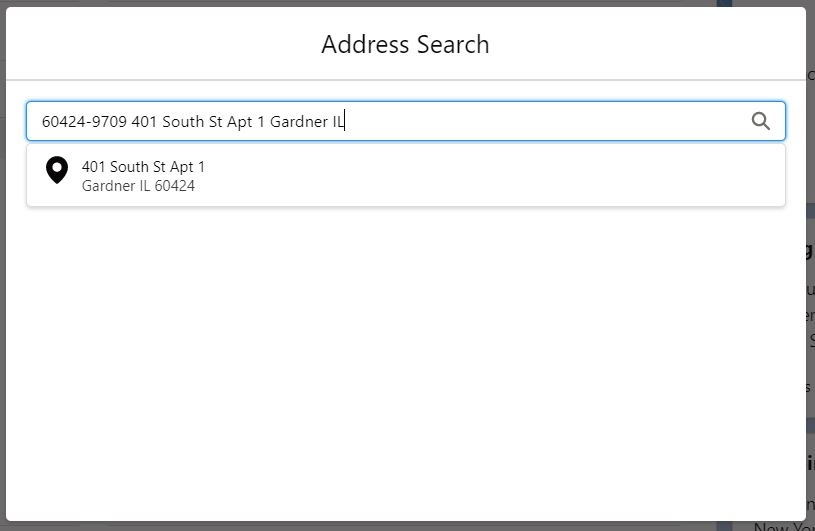
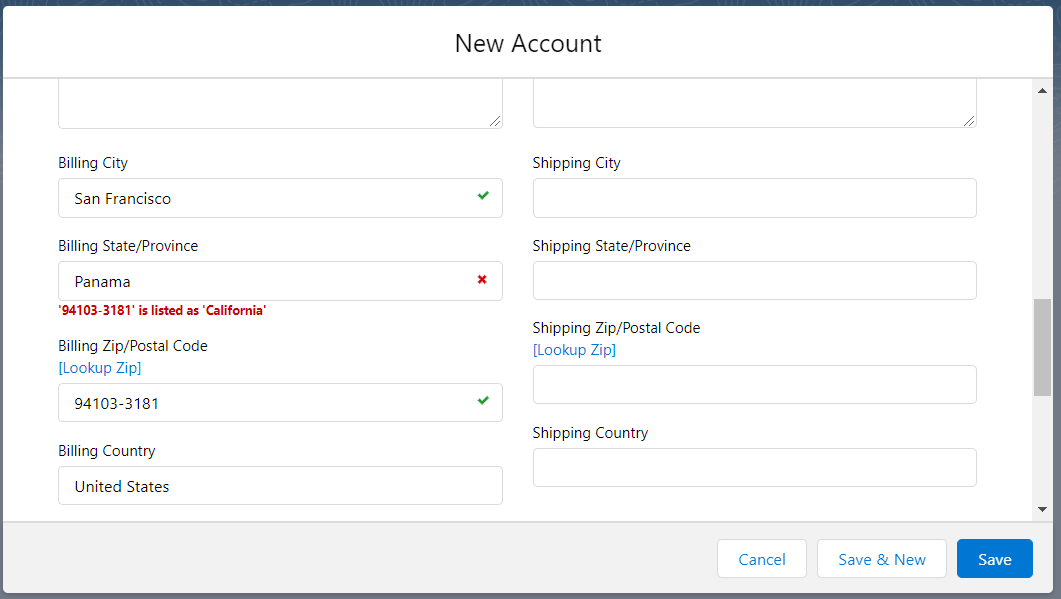
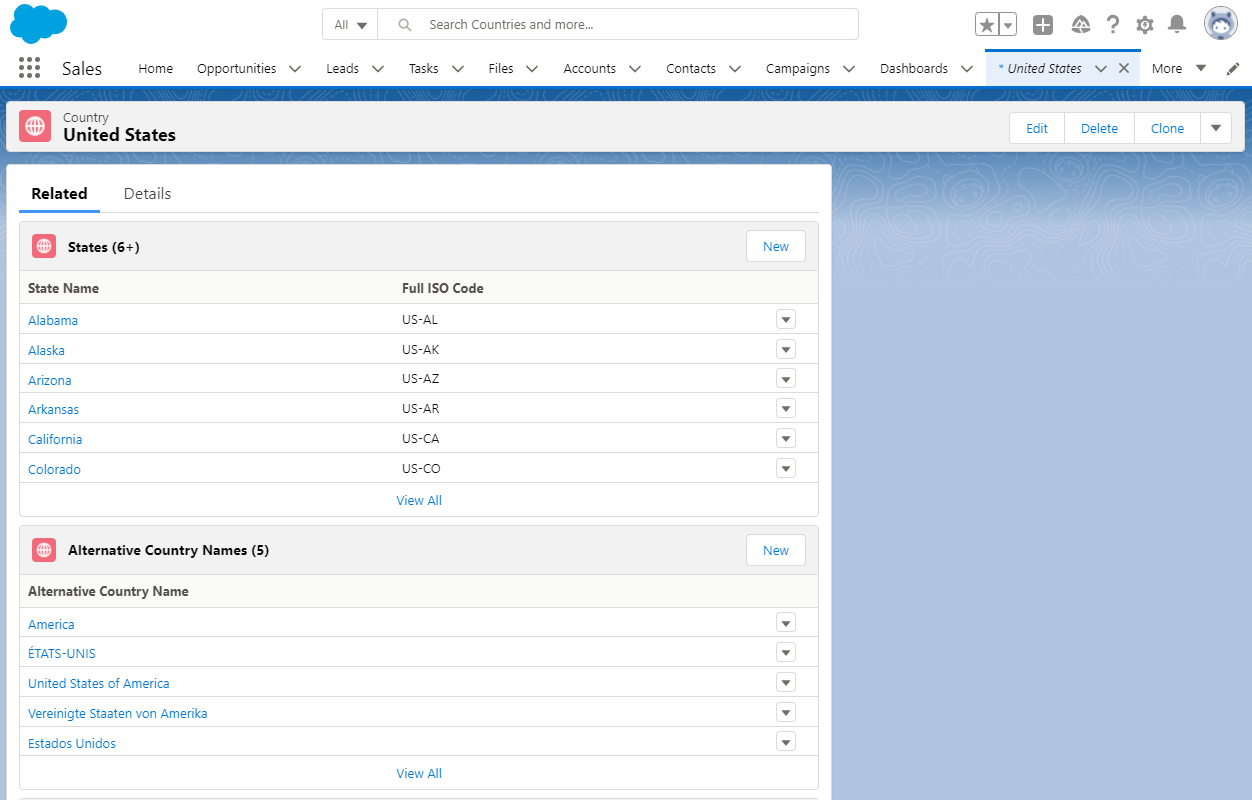
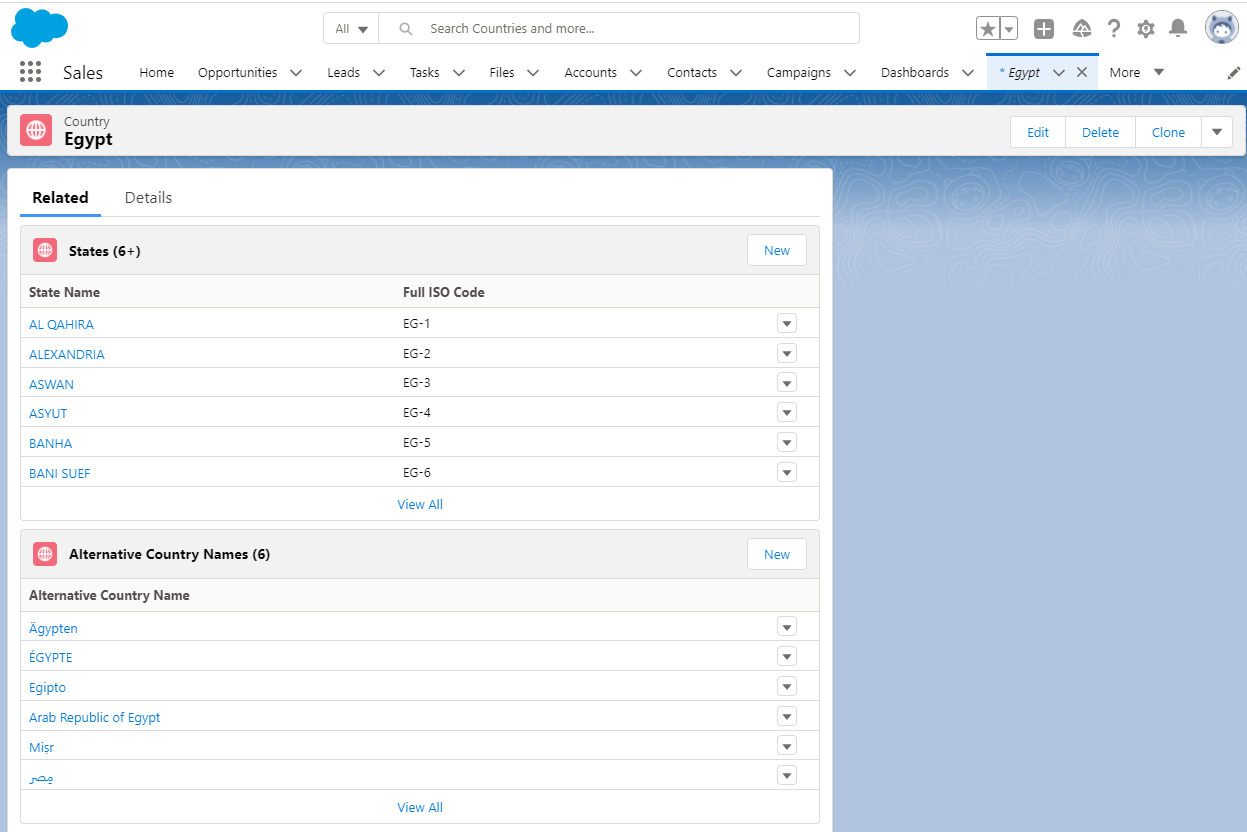
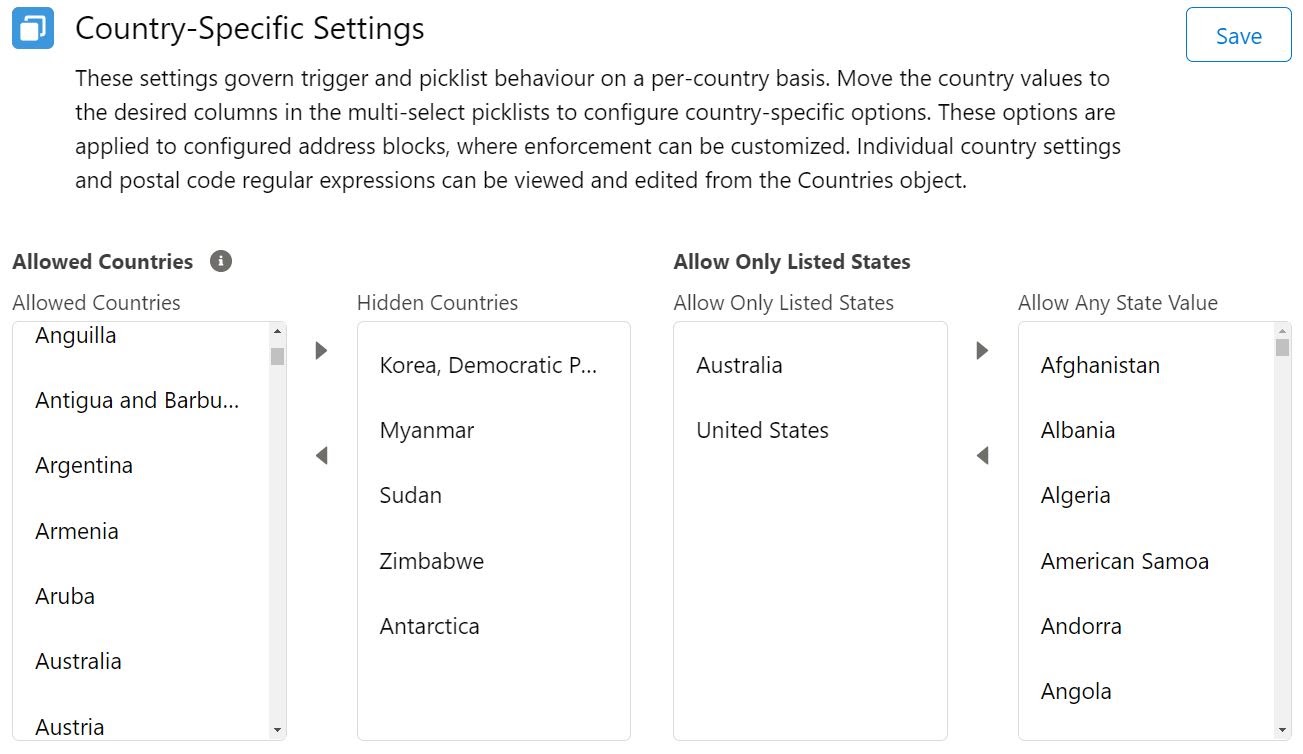
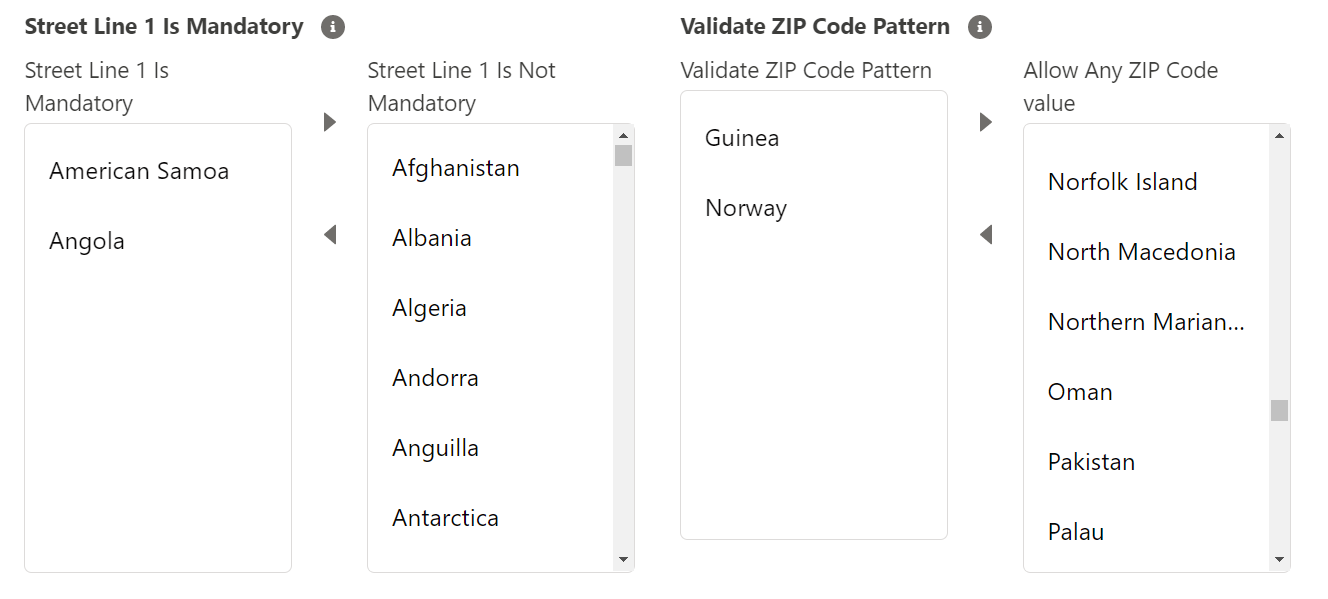
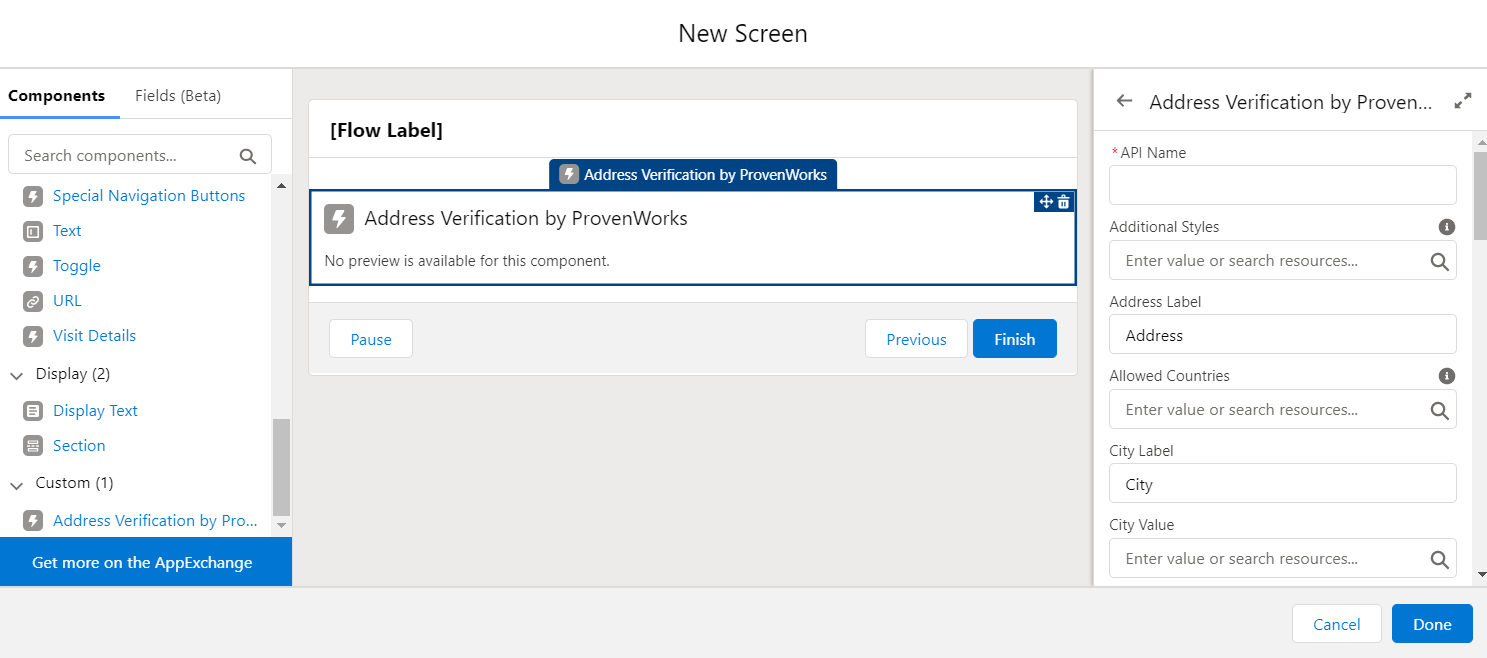
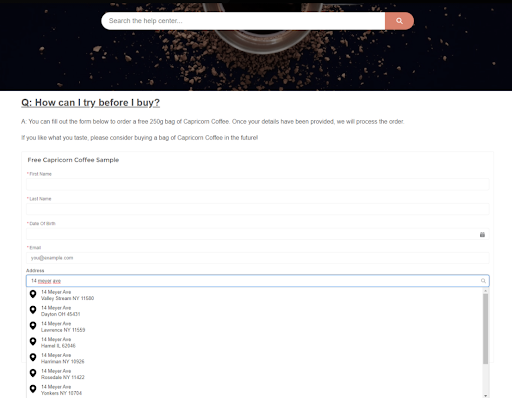

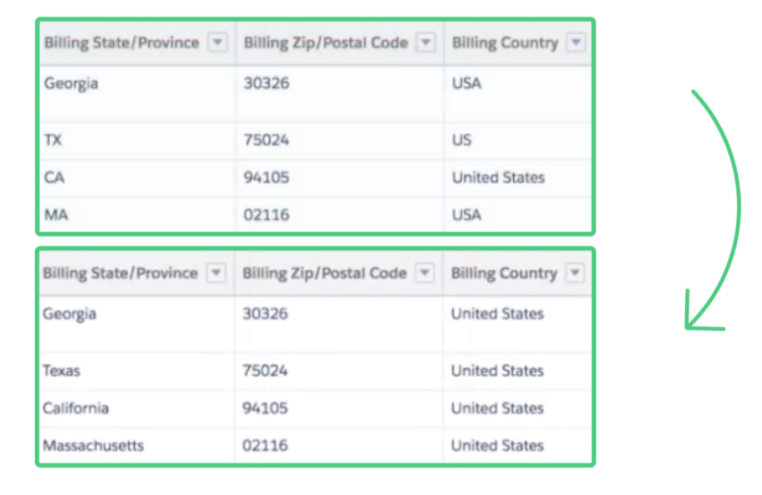

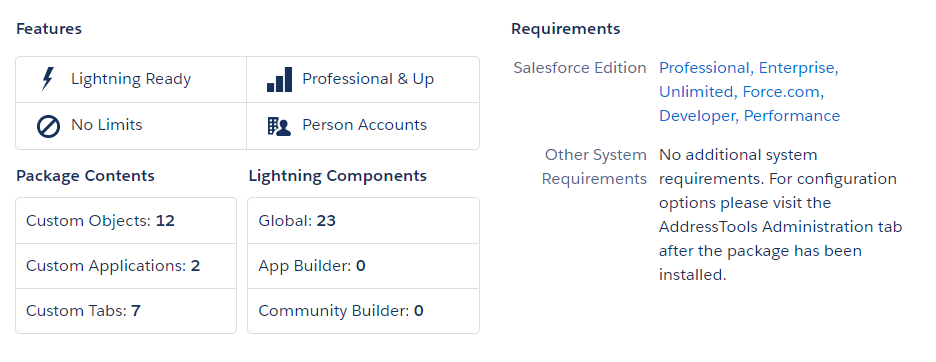
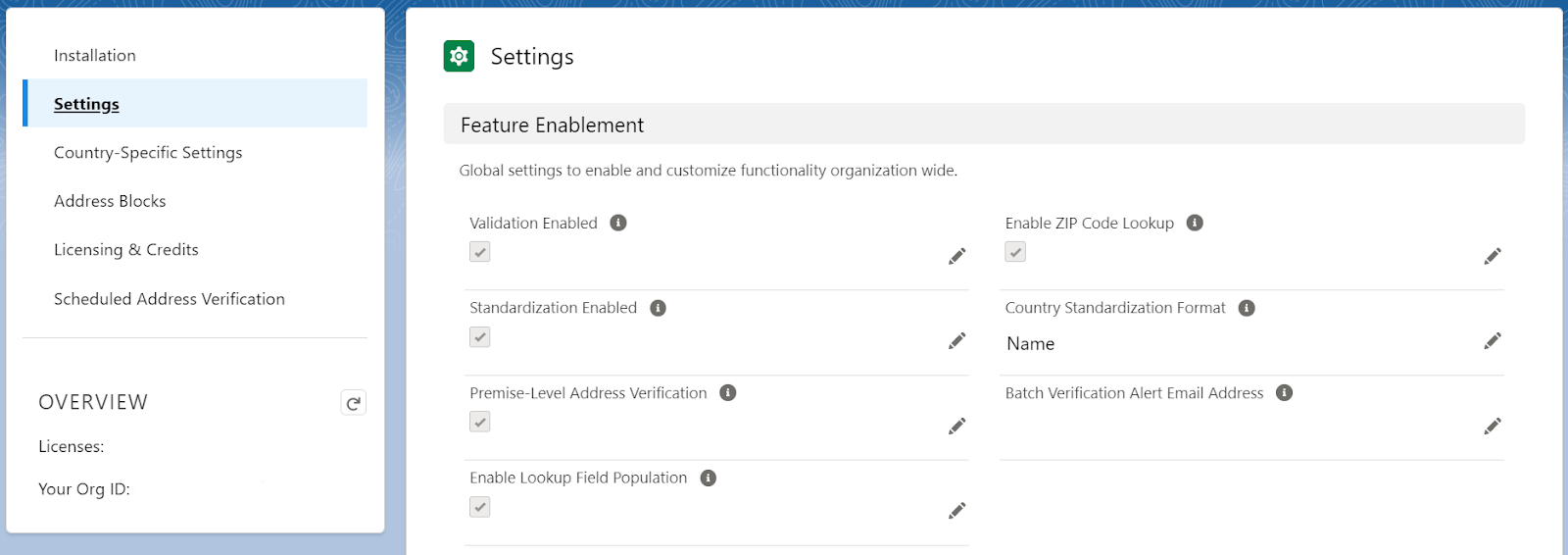

Comments: